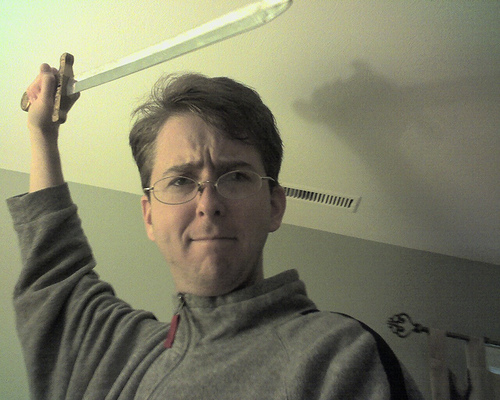If an injury is to be inflicted on an enemy, it is to be so severe, that the enemy’s retaliation need not be feared. – Niccolò Machiavelli

While this is one interpretation of the quote, there are other options in the modern world you might want to try first.
This quote is also seen stated as “If an injury has to be done to a man it should be so severe that his vengeance need not be feared.”
What does that mean?
This is a quote about finishing a fight. If you have to take an argument to the level of a fight (or it has been brought to you as a fight), if an injury is to be inflicted, the quote recommends that you finish it in a conclusive manner.
That might sound a bit brutal, but consider the alternative. Consider someone who is in a fight, but the other guy can’t finish it. The first guy gets knocked down, but keeps getting back up, time after time. Which is more merciful, to finish it quickly, or keep pounding it out, over and over?
Note that with Nations, or the City States of the quote’s era, this method does not require the razing of towns and villages, nor the plundering of the countryside. It only requires an injury to a peoples which is sufficient to break their will to resist. Similarly, with children, a wishy-washy “No” only serves to encourage them to try again. Sometimes something more stern is required.
Why is a decisive ending important? Continue reading














